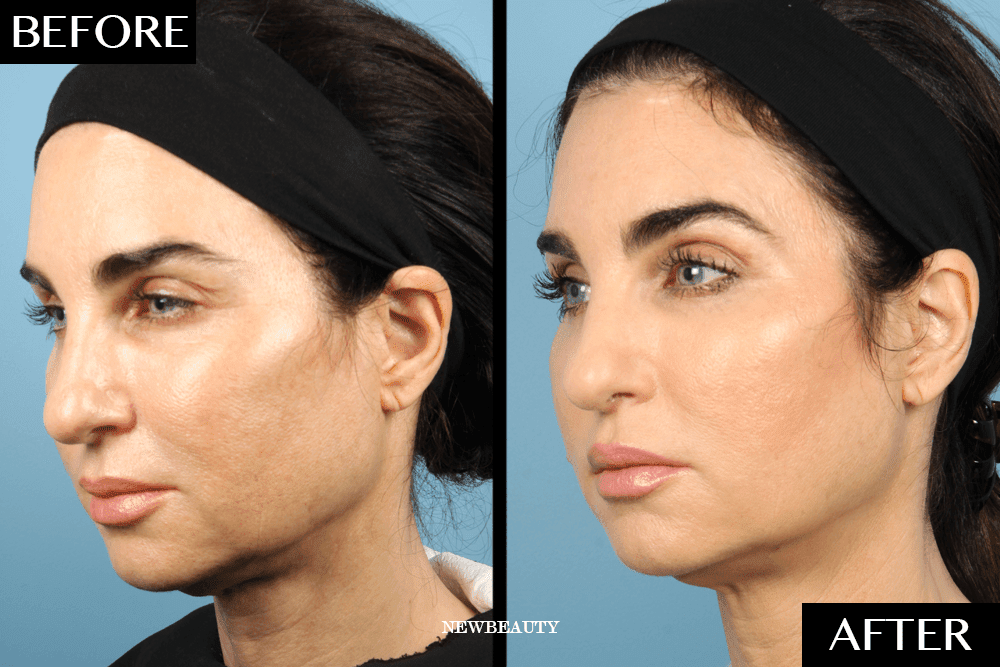
There are several options available if your child or you have a deviated nasal. The problem can be fixed by surgery, or you may choose to have it treated conservatively. Before you decide to have surgery, be sure to read the pros and cons of each procedure. In some cases, you may need other types of repairs, such as a new septum.
Treatment options
A deviated septum can make it difficult to breathe. There are several options available to treat this condition. Some of these treatments can help relieve the symptoms of stuffy nose and sinusitis, and are also helpful in delaying surgery. Some of these treatments include taking decongestants, which are medications that help reduce nasal swelling. They can be taken either by mouth or sprayed directly into the nasal cavity.
If it isn't severe enough to cause any long-term complications, a deviated septum can usually be treated without surgery. If it becomes severe enough to affect breathing, surgery may be necessary. If non-surgical treatment fails, ENT doctors (also known as otolaryngologists) will often recommend surgery.
There are many surgical options
A deviated Septum can be corrected by surgery. This will improve your ability to breathe and reduce congestion. A valve repair or turbinate removal are some options. You can also get surgery to remove polyps or improve the function of your sinuses. Consider the risks and advantages of having surgery.

Surgical procedures will not fix all deviated septums, but if the deviated septum is causing chronic congestion or is interfering with breathing, it may be time to seek surgical treatment. A deviated or crooked septum can make your face look awkward and can lead to self-consciousness about your appearance. The septoplasty procedure can straighten the septum or correct other structural issues. Patients can return home within hours, with no bruising and scarring.
Complications after surgery
Sinus infections may be more common if there is a deviation in the septum. These infections can lead to inflammation and irritation in the nasal passages and eventually to infections in the eyes and brain. If left untreated they can spread to brain tissue, which can cause seizures or brain damage. In some cases, surgery is necessary in order to correct the septum defect.
A deviated septum can cause complications. Even though the risks associated with such surgery are minimal, they can cause long-term problems. Symptoms can include bleeding, pain, and infection. Some patients may need to see a neurologist in order to manage any complications.
Allergy treatment
Doctors will diagnose deviated Septum based upon the symptoms and a physical exam of the nose and sinuses. To determine the cause, a doctor will ask questions about the symptoms and lifestyle of the patient. The doctor may also order a CT scan to examine the sinuses in order to determine the severity.
In some cases, allergy treatment for deviated septum will help patients reduce the symptoms of the condition. It may reduce swelling of the septum and the surrounding tissue and relieve congestion. However, it won't solve the underlying problem.

Alternatives to Surgery
Although surgery is the most common method to correct a deviated Septum, there are other options. Endoscopic septoplasty offers a minimally invasive alternative for traditional surgery. It provides excellent visualization of bone and cartilage, allowing the surgeon to target the deformity.
The surgeon will correct the septum defect by straightening it and reinserting the septum into the nose. To ensure proper alignment, the surgeon may need to trim and then reinsert the septum. The result is better airflow through your nose. Patients need to know that these results are not permanent. Other conditions can also make the condition worse.